By: Dr. Elizabeth Eggert
The holidays are supposed to be a joyful time, full of laughter and good times. Unfortunately, some people are reluctant to smile and laugh authentically because they don’t want to show off their teeth. They are embarrassed that their teeth are dingy, discolored, or punctuated with fillings.
Well, our first advice is: Go ahead, laugh and smile and enjoy yourself. It’s unlikely anyone is as critical of your teeth as you are.
And it’s also true that you can partner with us, your dentists, to improve the cosmetic aspect of your teeth, so you can laugh and smile with confidence. Dr. Elizabeth and Dr. Jeff are here to help you take good care of your teeth so you’ll be happy to display your teeth and your joy.
Here are few ways to achieve and maintain fresh, attractive teeth for the holidays, and all year round.
Avoid Staining Foods
If your teeth are prone to discoloration, you can improve matters by avoiding acidic, sugary, and dark-colored foods. Major culprits include coffee, wine, berries, and chocolate. If you do choose to indulge, rinse your teeth as soon as possible afterwards and make sure to brush with regular intervals. Better still, consume these in moderation and load up on fresh fruits and veggies, and enjoy cheese and dairy for the beneficial calcium they offer as they are less likely to stain your teeth.
Stay Away From All Types of Tobacco
Tobacco stains teeth, including vaping and chewing tobacco. If taking care of your physical health doesn’t motivate you enough to quit, maybe vanity can! Tobacco is a prime cause of yellow, dingy teeth, so please quit. There are many effective cessation programs if you need help.
Preventative Care at Home
We will never stop singing this same old tune: Brush and floss, brush and floss. Your preventative care is the best way to keep your teeth healthy, and healthy teeth are attractive teeth. Brush and floss twice daily to combat gum disease, tooth decay, and plaque buildup. And please, do both! It’s impossible to brush the tight interproximal areas in between your teeth, so floss every time you brush. For anyone wondering whether your dentist can tell if you floss and brush routinely, the answer is YES. We can.
Get Regular Cleanings by a Professional
No matter how well you brush, you will get some tarter buildup, a by-product of plaque. When plaque builds up on teeth, it hardens and turns into tartar or calculus. It requires professional cleanings to scrape it off your enamel. Please get twice annual dental cleanings, and remember that plaque buildup doesn’t reflect on any brushing deficit – it happens to everyone.
Get Your Teeth Whitened
Consider professional teeth whitening to improve the shade of your teeth. We hear from our patients that store-bought whitening products don’t always live up to their promises, so schedule an appointment with Dr. Jeff or Dr. Elizabeth for professional teeth whitening.
Cosmetic Dental Treatments
For a stain-resistant and beautiful smile, consider cosmetic dental treatments such as veneers. We can apply porcelain veneers that mimic the look of natural dental enamel but are a uniform shade of your choice. They look natural, but they resist stain.


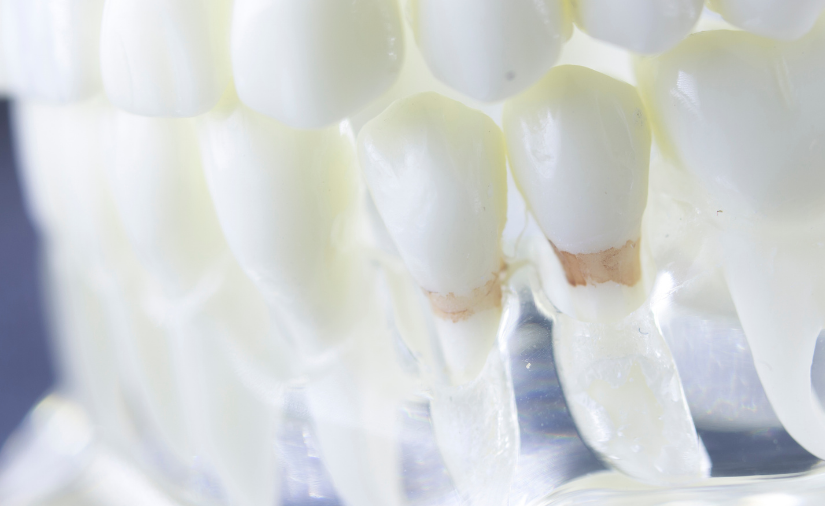
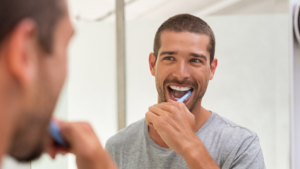 There are a few primary ways you can keep plaque from getting the best of you (and your mouth)!
There are a few primary ways you can keep plaque from getting the best of you (and your mouth)! Swish with mouthwash. It’s easy to brush and floss but not take the process any further. When you swish with fluoridated mouthwash afterward, you dislodge any residual food particles. Plus, the
Swish with mouthwash. It’s easy to brush and floss but not take the process any further. When you swish with fluoridated mouthwash afterward, you dislodge any residual food particles. Plus, the 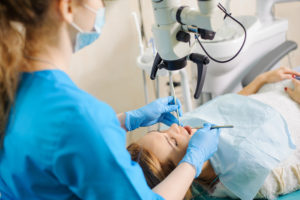 Reducing sugars in your diet in addition to stepping up your oral hygiene game can combat plaque buildup before it becomes a bigger problem. A thorough polishing by one of our hygienists during your recare visit will also help reduce plaque on and in between your teeth.
Reducing sugars in your diet in addition to stepping up your oral hygiene game can combat plaque buildup before it becomes a bigger problem. A thorough polishing by one of our hygienists during your recare visit will also help reduce plaque on and in between your teeth.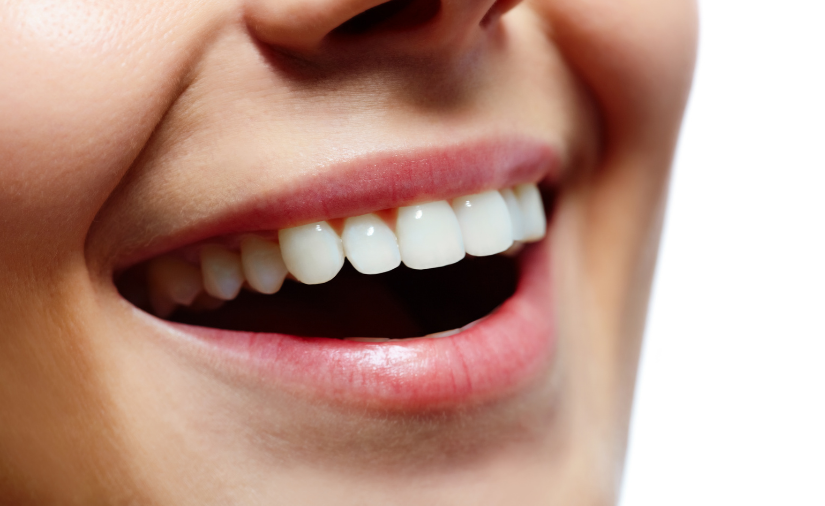
 Cause: One of the
Cause: One of the  Tip #2: Prevent enamel erosion by limiting the consumption of acidic foods. When you indulge in acidic foods or beverages, brush and floss an hour afterward to clean out your mouth so acid doesn’t linger and cause enamel damage. You don’t want to brush and floss right after consumption of food and drink with acid because the acidic pH environment will allow your toothbrush to abrade the enamel away quickly. If you wait at least an hour, your saliva has a chance to neutralize your mouth.
Tip #2: Prevent enamel erosion by limiting the consumption of acidic foods. When you indulge in acidic foods or beverages, brush and floss an hour afterward to clean out your mouth so acid doesn’t linger and cause enamel damage. You don’t want to brush and floss right after consumption of food and drink with acid because the acidic pH environment will allow your toothbrush to abrade the enamel away quickly. If you wait at least an hour, your saliva has a chance to neutralize your mouth.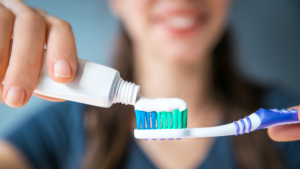 Tip #3: Prevent enamel erosion by making sure you’re using fluoride toothpaste and mouthwash. Fluoride is a naturally occurring mineral that, when added to toothpaste, mouthwash or your municipal water supply, helps remineralize lost calcium and phosphate ions and reinforce your teeth’s first line of defense, reducing chances of damage and decay.
Tip #3: Prevent enamel erosion by making sure you’re using fluoride toothpaste and mouthwash. Fluoride is a naturally occurring mineral that, when added to toothpaste, mouthwash or your municipal water supply, helps remineralize lost calcium and phosphate ions and reinforce your teeth’s first line of defense, reducing chances of damage and decay.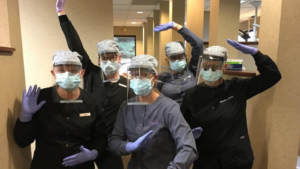 Tip #5: Prevent tooth erosion by visiting Eggert Family Dentistry for regular cleanings! At your
Tip #5: Prevent tooth erosion by visiting Eggert Family Dentistry for regular cleanings! At your 
 Candy on a stick, such as lollipops or rock candy, is meant to be enjoyed over time. Because it lingers in your mouth, it increases the production of saliva. However, instead of the saliva doing its job and rinsing bacteria out of your mouth, it only spreads the sugar around. Additionally, your mouth produces acid in an attempt to destroy the sticky sugar that then coats your teeth. The acid and sugar team up to break down tooth enamel and, with repeat exposure, can result in tooth decay.
Candy on a stick, such as lollipops or rock candy, is meant to be enjoyed over time. Because it lingers in your mouth, it increases the production of saliva. However, instead of the saliva doing its job and rinsing bacteria out of your mouth, it only spreads the sugar around. Additionally, your mouth produces acid in an attempt to destroy the sticky sugar that then coats your teeth. The acid and sugar team up to break down tooth enamel and, with repeat exposure, can result in tooth decay. You might be wondering where sour candy fits into the picture. Warheads, Sour Patch Kids, Sour Skittles…kids LOVE sour candy and love to challenge themselves and their friends to eat large quantities of it or hold the sour candy in their mouths for long periods of time.
You might be wondering where sour candy fits into the picture. Warheads, Sour Patch Kids, Sour Skittles…kids LOVE sour candy and love to challenge themselves and their friends to eat large quantities of it or hold the sour candy in their mouths for long periods of time. One of the most popular categories of Halloween candy are chocolates. While many have sticky centers like Twix, Rollos or Snickers, others like Hershey’s bars and Nestle Crunch dissipate quickly in your mouth, making them more dental-friendly than almost any other candy.
One of the most popular categories of Halloween candy are chocolates. While many have sticky centers like Twix, Rollos or Snickers, others like Hershey’s bars and Nestle Crunch dissipate quickly in your mouth, making them more dental-friendly than almost any other candy.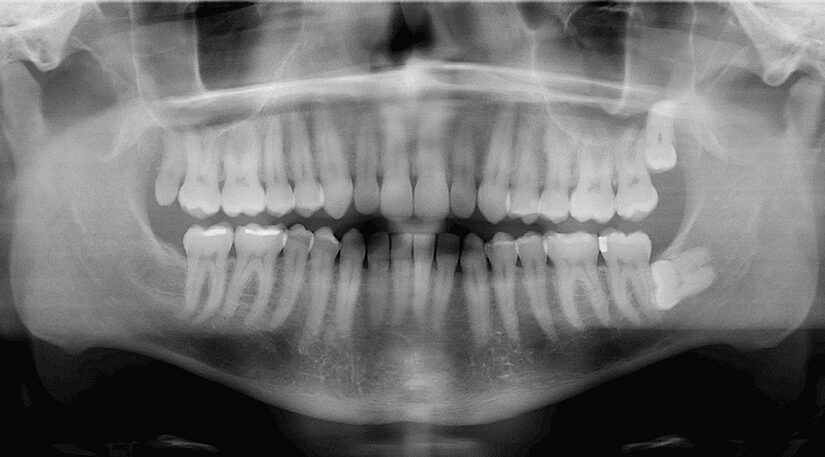
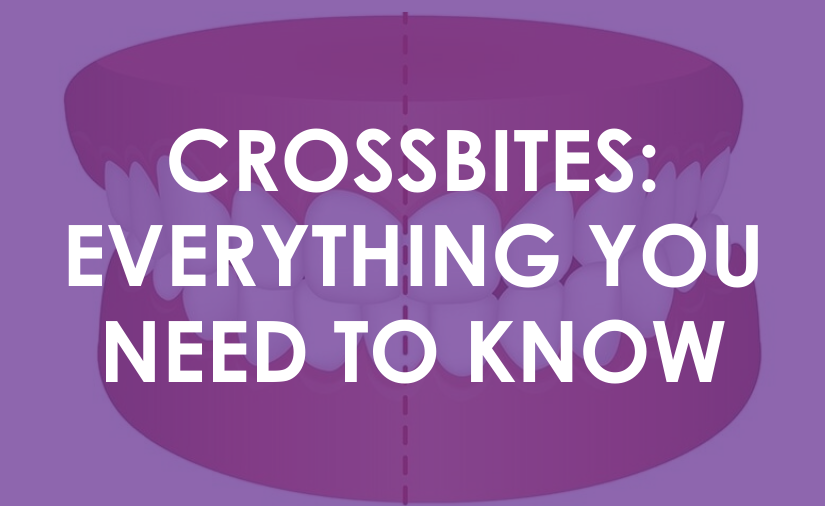
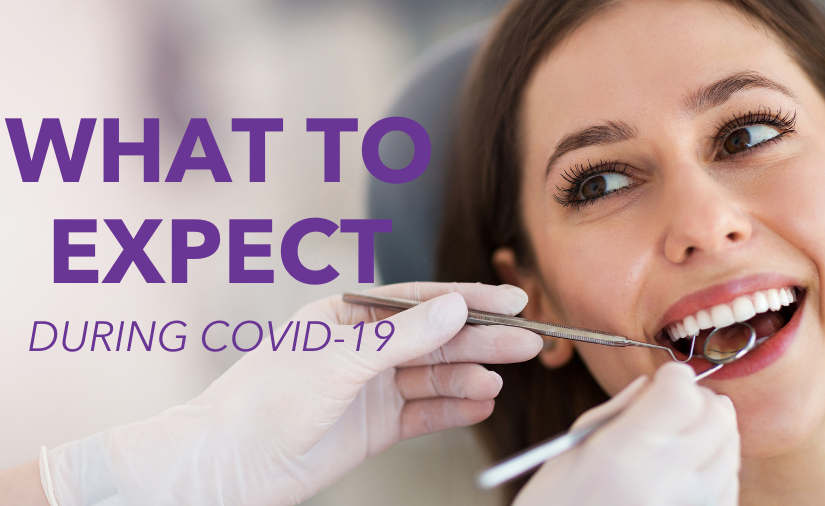
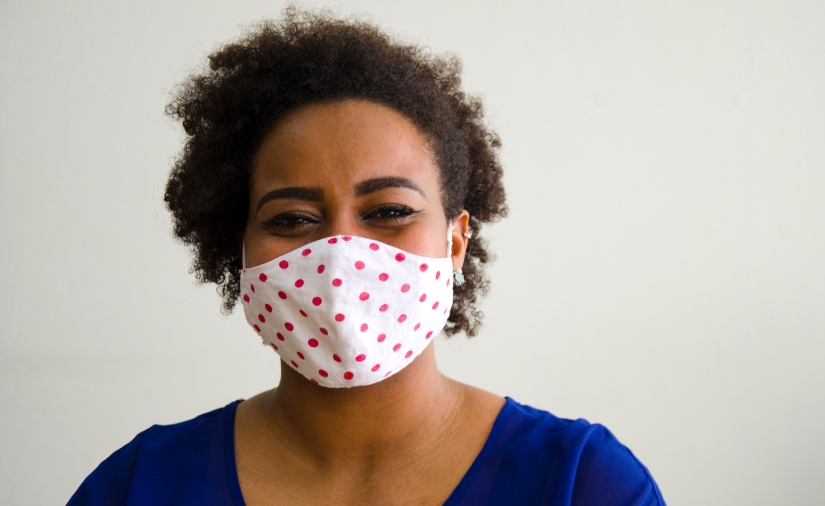
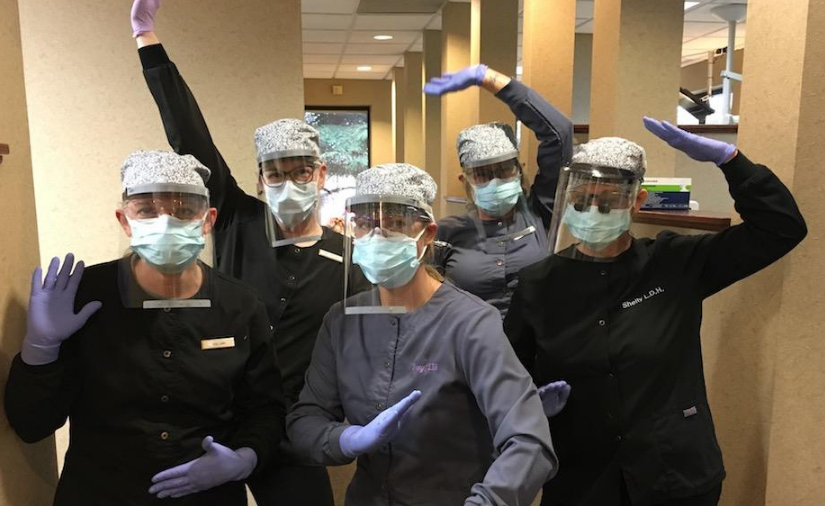

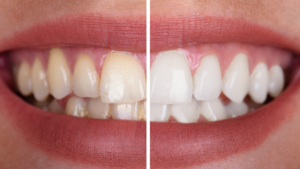 Teeth whitening: Over time, teeth become stained from certain foods, beverages, medications and smoking. Eggert Family Dentistry has many great options to help restore your pearly whites. We provide professional-grade strips and whitening trays that are more effective and gentler on your teeth and gums than their over-the-counter counterparts. Dr. Elizabeth and Dr. Jeff also offer the Zoom and
Teeth whitening: Over time, teeth become stained from certain foods, beverages, medications and smoking. Eggert Family Dentistry has many great options to help restore your pearly whites. We provide professional-grade strips and whitening trays that are more effective and gentler on your teeth and gums than their over-the-counter counterparts. Dr. Elizabeth and Dr. Jeff also offer the Zoom and 
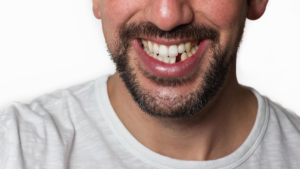 Tooth replacement: Losing permanent teeth can happen from trauma to the jaw, from gum disease or from tooth decay. Regardless, it can be an awkward situation and one that most people want to remedy as quickly as possible. If you’re dealing with missing permanent teeth, you have some excellent options. These options include dental implants, bridges, partial dentures or full dentures.
Tooth replacement: Losing permanent teeth can happen from trauma to the jaw, from gum disease or from tooth decay. Regardless, it can be an awkward situation and one that most people want to remedy as quickly as possible. If you’re dealing with missing permanent teeth, you have some excellent options. These options include dental implants, bridges, partial dentures or full dentures.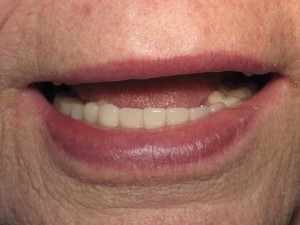 Full Dentures: Full dentures are full sets of upper and/or lower artificial teeth that are suctioned into place and removable for cleaning. While they can take some getting used to, they start to feel more normal over time. Full dentures will eventually become loose as bone mass degrades.
Full Dentures: Full dentures are full sets of upper and/or lower artificial teeth that are suctioned into place and removable for cleaning. While they can take some getting used to, they start to feel more normal over time. Full dentures will eventually become loose as bone mass degrades.